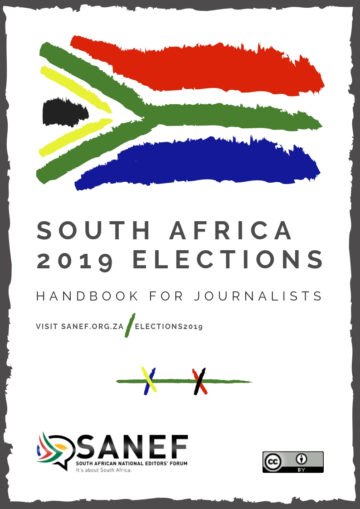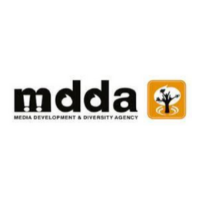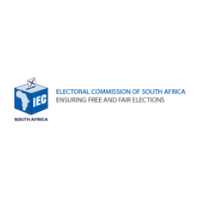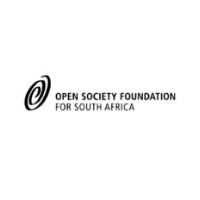NATIONAL ELECTIONS 2019
SOUTH AFRICAN 2019 ELECTIONS: HANDBOOK FOR JOURNALISTS
This handbook – prepared for the upcoming 2019 general election in South Africa – is aimed at assisting members of the media to fulfil this constitutional mandate. In doing so, it provides both the legal underpinnings that apply to the media, as well as practical guidance to ensure that the task of election coverage is fulfilled effectively. Although it focuses specifically on the legal framework for the national and provincial elections, it is hoped that the content and guidance contained in this handbook will be of broader relevance to members of the media beyond the scope of the upcoming elections.
Module I provides an overview of how elections in South Africa work, including the system of voting, election milestones and key institutions governing elections. Module II highlights specific aspects relevant to the media during elections, including the applicable legal and self-regulatory frameworks, the publication of opinion polls and practical guidance for journalists on the ground. Module III addresses the issue of so-called ‘fake news’ during the elections and possible strategies that members of the media can follow to address the negative impact that this can have on the outcome of the elections. Lastly, Module IV considers the safety of journalists, both on- and offline, and the measures that journalists can take to protect their rights.
South Africa 2019 Elections: Handbook for Journalists by the South African National Editors’ Forum is licensed under a Creative Commons Attribution 4.0 International License.
Download the SANEF Handbook (1.8mb).
Download the Elections Training Presentation (1.3mb).
ELECTIONS RESOURCES
SAFETY OF JOURNALISTS 3 ways to get assistance
-
In the event that a member of the media is facing any form of threat or violence, this must be reported to the South African Police Service as a matter of urgency, as the appropriate authority tasked with handling criminal matters.
All members of the media are encouraged to prioritise their safety and the safety of those around them, put in place necessary measures for protection, and seek appropriate assistance from colleagues, friends and family, and the designated bodies that can assist.
The SAPS can be contacted on 10111.











